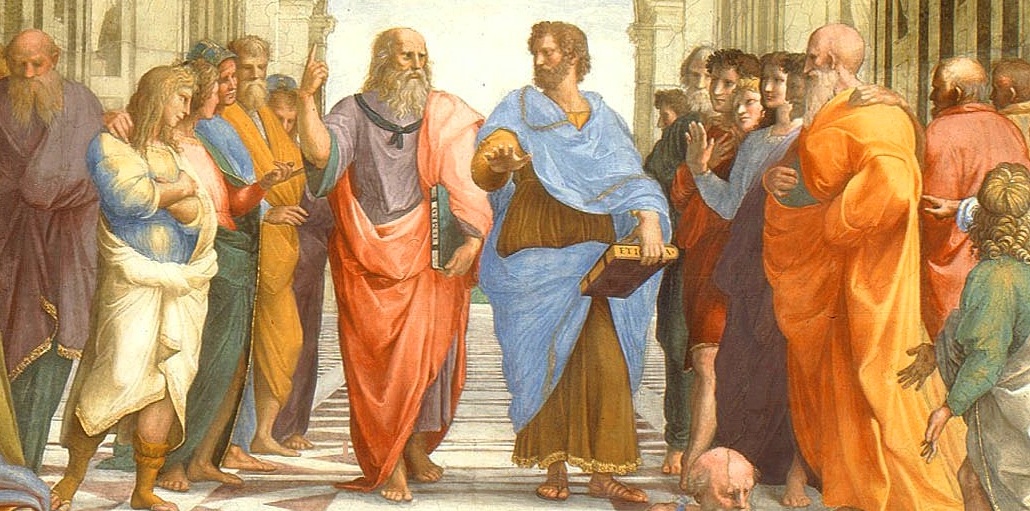
June 2, 2013, by Stephen Mumford
The Political Power of the Idea
Because they can contain ideas, the tyrant will always fear the power of words and images. It may be force that ultimately topples them, but it is always an idea that motivates people to threaten such force. Ideas may be vague or mean many different things – freedom, equality, fairness, change – but if enough of the people can unite around them, the unjust ruler knows there is everything to fear.
It is sometimes wondered why the arts matter. But the arts matter more than anything. Some of the most powerful weapons of all time are words. The words contained in Plato’s Republic, Marx and Engels’ Communist Manifesto or Orwell’s Nineteen Eighty-Four have a pervasive influence over our ways of thinking. Orwell’s novel is one of the greatest of the 20th Century in part because it has changed the political thinking of so many, not all of whom have even read it. Everyone knows of the Big Brother state that controls the media and misleads the people so as to retain power over them.
As an attempt to kill dangerous ideas, this is why the tyrant will always suppress the arts. For who knows what people might start to think if they allowed free exploration of ideas in literature, philosophy and painting? And now with social media, those ideas could be disseminated quicker than ever, again out of the tyrant’s control. A powerful image might go around the world: an image that tells a story of oppression.
The greatness of Orwell’s novel was that it articulated a most profound truth. Guns, tanks and bombs are not ultimately what give or take away power. Without ideas, no one would be motivated to use them. The tyrant knows this too and the true battle is a battle for our minds. An oppressive state fears free thought. It will try to control of the arts and deliver its own message, as Stalin’s war posters did. But Orwell’s pessimism could be resisted, as he knew himself. There was hope for those without political power. But it must start with an idea.

‘Some of the most powerful weapons of all time are words.’ Agreed, but a key complication here, I suppose, is the fact that for words to have meaningful content or power they need to participate in a free public sphere. Even if the public fora of today (e.g. Twitter) are rhetorically positioned as ‘open’, all too often they are not because they are determined by logics which permit what people can or cannot say within them, thus leaving the power of words they facilitate highly questionable. Orwell’s ‘Nineteen Eighty-Four’ seems to imply that such a ‘free’ public sphere may have been achieved following the demise of Oceania (because, among other things, the novel’s Appendix on ‘Newspeak’ is written in the past tense, thus suggesting it has fallen away). Yet the future world Orwell anticipated hasn’t arrived, in certain respects, whereas the world Huxley foresaw in ‘Brave New World’ is arguably a more accurate account of what we have today – a world ruled ultimately not by brute force, but by the more insidious means of controlling what people can and cannot think. Recent events in Turkey and elsewhere prove how dangerous that position is to the extent that it sits behind terrifyingly violent forms of state overlordship.